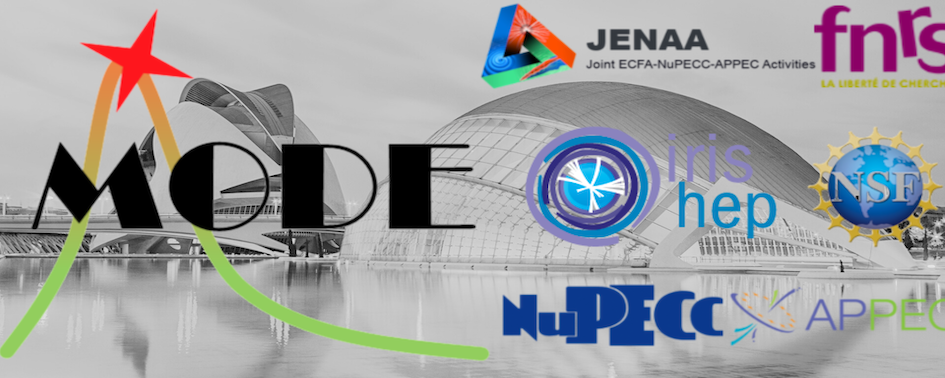Speaker
Description
The planned IceCube-Gen2 radio neutrino detector at the South Pole will enhance the detection of cosmic ultra-high-energy neutrinos. It is crucial to make use of the time available until its construction to optimize the detector design. A fully differentiable pipeline, from signal generation to detector response, would allow for the application of gradient descent techniques to explore the parameter space of the detector. In our work, we focus on the aspect of signal generation, and propose a deep learning architecture involving a diffusion model to generate radio signals from in-ice neutrino interactions conditioned on the shower energy and viewing angle. We evaluate the performance of our model in terms of the distributions of different signal characteristics, and we investigate whether the correct physical dependence on the viewing angle is learned.
